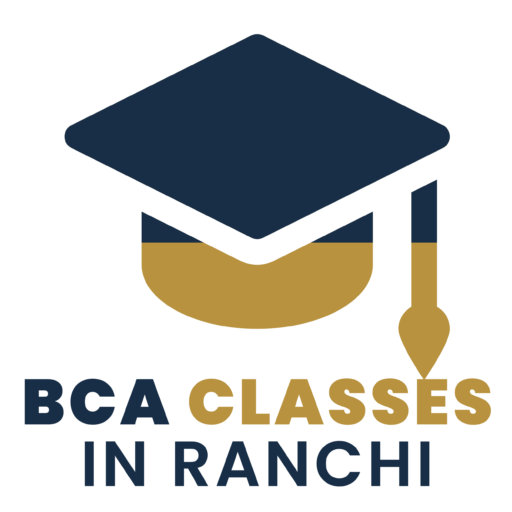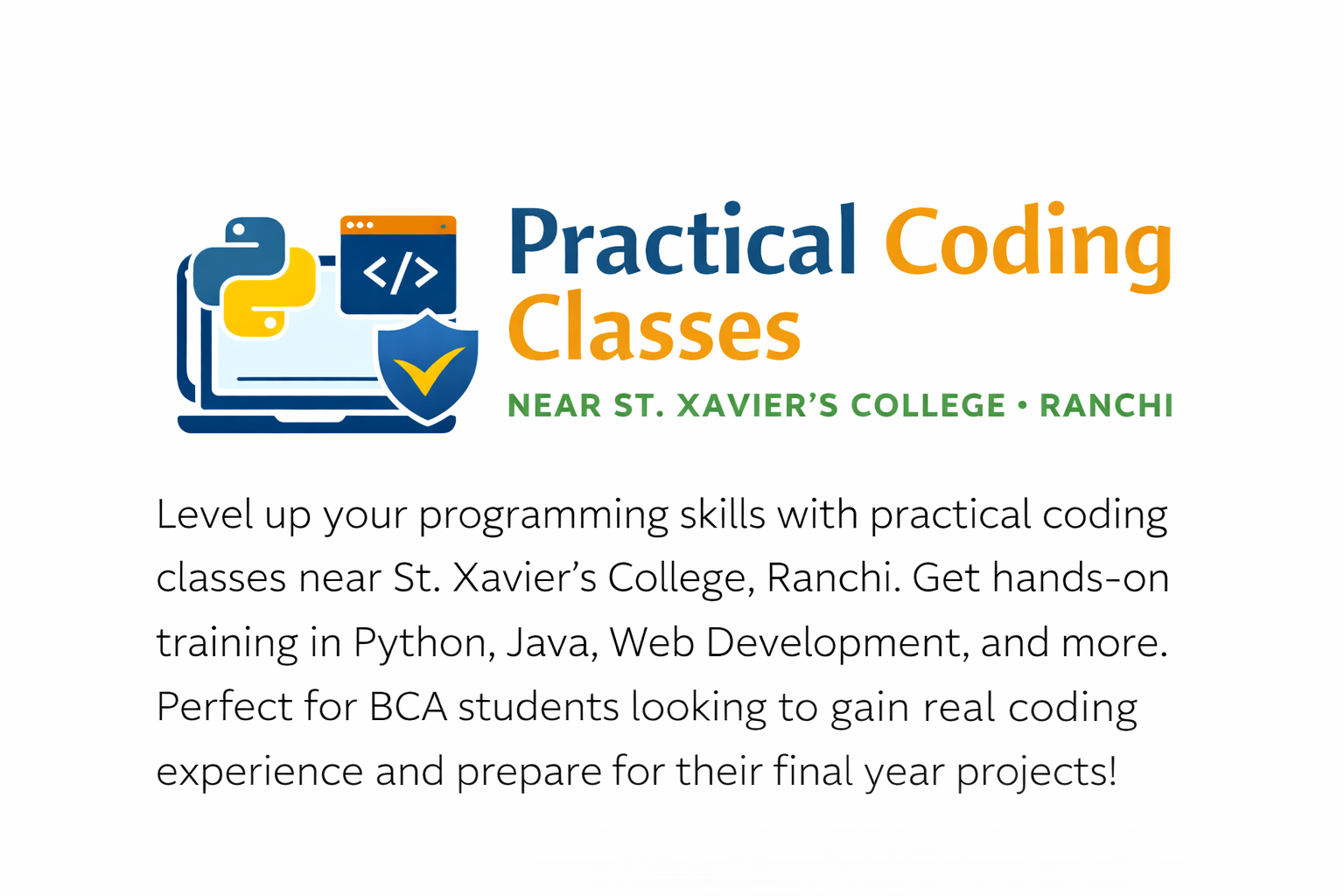
Understanding Part-Time Jobs
Part-time jobs are employment opportunities that typically require fewer hours than full-time positions, often ranging from 10 to 30 hours per week. These roles are particularly appealing to students seeking a balance between work, study, and personal life. Common types of part-time jobs include retail positions, food service roles, administrative tasks, and tutoring, among others. Each type offers distinct benefits and flexibility, making them suitable for various student schedules and commitments.
One of the primary advantages of part-time jobs for students is the ability to earn an income while pursuing their education. This financial support can assist with living expenses, tuition fees, and other costs associated with academic life. Additionally, engaging in part-time work can provide students with valuable work experience that enhances their resumes, thereby increasing their employability upon graduation. Moreover, students are better equipped to develop essential time management skills as they learn to juggle their job responsibilities with academic and personal priorities.
However, it is important to consider the potential downsides of part-time employment. The demands of a job may occasionally conflict with academic responsibilities, leading to increased stress and reduced academic performance. Students should be mindful of their workload and commitments to ensure that they maintain a healthy balance. Furthermore, while some part-time roles may offer skill development opportunities, others might lack relevance to a student’s field of study, limiting their overall professional growth. By weighing these pros and cons, students can make informed decisions regarding part-time jobs, aligning their work experiences with their career aspirations and educational goals.
Exploring Internships
Internships are structured work experiences that allow students to gain practical knowledge and skills in a professional setting, often related to their field of study. Typically, internships last anywhere from a few weeks to several months, with many occurring during the summer or as part of a cooperative education program. These experiences are generally designed to enhance the educational journey by providing exposure to industry standards and practices that cannot be fully replicated in a classroom environment.
The educational aspect of internships is paramount, as they enable students to apply theoretical knowledge while acquiring new competencies. This on-the-job experience not only helps in cementing academic concepts but also fosters an understanding of workplace dynamics. Students are often guided by mentors in their respective industries, enhancing their learning and providing valuable insights into potential career paths. Furthermore, internships create networking opportunities, which can be critical for future employment. Establishing connections with professionals in one’s field can facilitate job offers after graduation and can significantly influence one’s career trajectory.
While some internships come with compensation, many are unpaid, leading to discussions about the financial implications for students. Unpaid internships may pose a challenge for those who also need part-time jobs to support themselves financially. Despite the potential cost of engaging in these experiences, the long-term benefits—such as enhanced resumes and improved employability—often outweigh immediate financial concerns. For students strategically choosing between part-time jobs and internships, it is essential to weigh these considerations carefully. Ultimately, selecting the right path can affect their professional readiness and success in the job market.
Comparing the Benefits and Drawbacks
When evaluating the choices between part-time jobs and internships, students must weigh the benefits and drawbacks of each option to make an informed decision that aligns with their academic and career aspirations. Part-time jobs often offer immediate financial rewards, providing students with the means to support themselves while also gaining valuable time management skills. These roles typically require less commitment than internships, allowing students to adjust their work schedules according to their academic demands. Furthermore, part-time jobs can cultivate essential soft skills, such as communication and teamwork, which are highly regarded by employers.
Conversely, internships present unique opportunities for professional development. They often provide students with hands-on experience in a field related to their academic studies, facilitating the acquisition of job-specific skills that enhance employability. Internships also allow for networking possibilities within industries, giving students access to potential mentors and job openings in the future. Although internships may not offer the same level of immediate financial compensation as part-time jobs, they can pave the way for higher-paying positions post-graduation, contributing to long-term career advancement.
It is important for students to consider the feasibility of balancing both part-time jobs and internships within their academic schedules. Managing coursework alongside employment commitments can be challenging, but flexibility in job roles or choosing internships that align with academic timelines can provide a solution. Ultimately, students should evaluate their individual goals, financial needs, and career aspirations when determining whether a part-time job, an internship, or a combination of both will best suit their needs and support their future employment prospects.
Making the Right Choice for Your Career Goals
When navigating the decision between part-time jobs and internships, students must consider several factors that align with their individual career aspirations and personal circumstances. An essential step in this process is to assess financial needs. For many students, the immediate monetary compensation from a part-time job provides essential support for tuition and living expenses. Conversely, while internships may often pay less or even provide unpaid experiences, they can offer invaluable skills and connections that enhance future employability within their chosen fields.
Additionally, students should contemplate their long-term career goals. For those seeking to enter competitive fields such as marketing, engineering, or finance, internships can provide specific industry experience, bolster resumes, and create networking opportunities. In contrast, students pursuing education, retail management, or similar areas may find that part-time jobs allow them to gain practical, hands-on experience in a direct work environment. Evaluating how each option aligns with their career ambitions is crucial for enhancing future prospects.
Time management also plays a vital role in this decision-making process. Students with demanding academic schedules may favor part-time jobs that offer flexible hours, allowing them to balance work and studies effectively. Internships, on the other hand, often require a more significant time commitment and come with rigid schedules which can conflict with classes. Identifying one’s ability to juggle these responsibilities can be the deciding factor in choosing a path.
Real-life examples can further illuminate this choice. For instance, a student in a business program might find that an internship at a prestigious firm helped secure a full-time role post-graduation. Alternatively, another student may thrive in a part-time job at a local store, gaining essential leadership skills and customer service experience that prove invaluable in any career. Ultimately, aligning the chosen path with personal aspirations, time availability, and financial needs is imperative for making an informed decision that contributes to a successful career trajectory.
Read our Recent Blog









